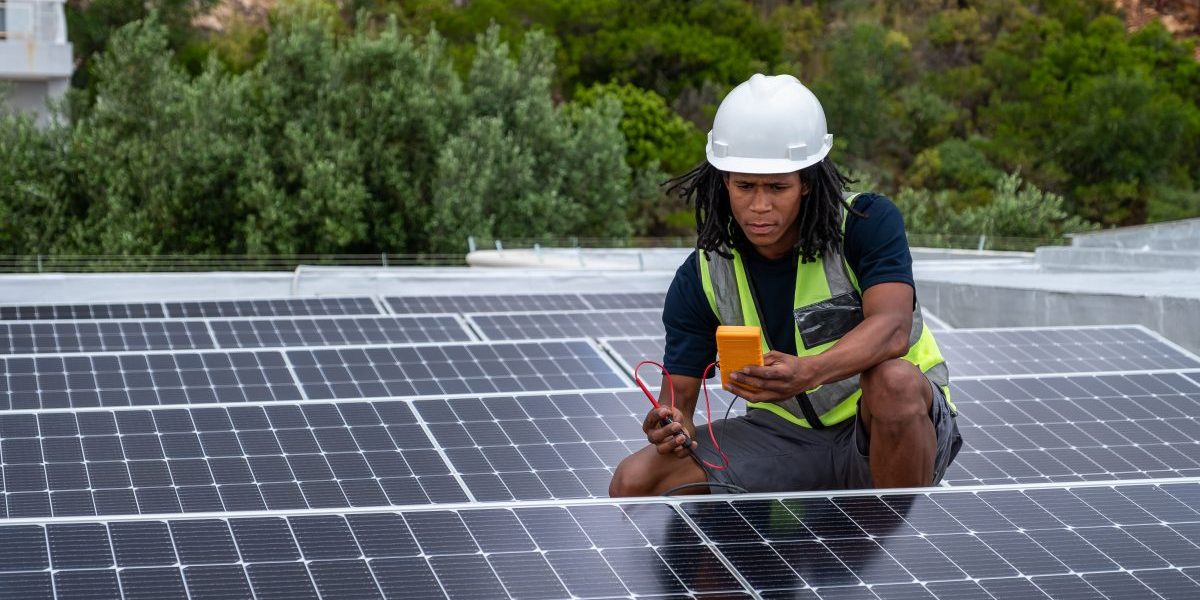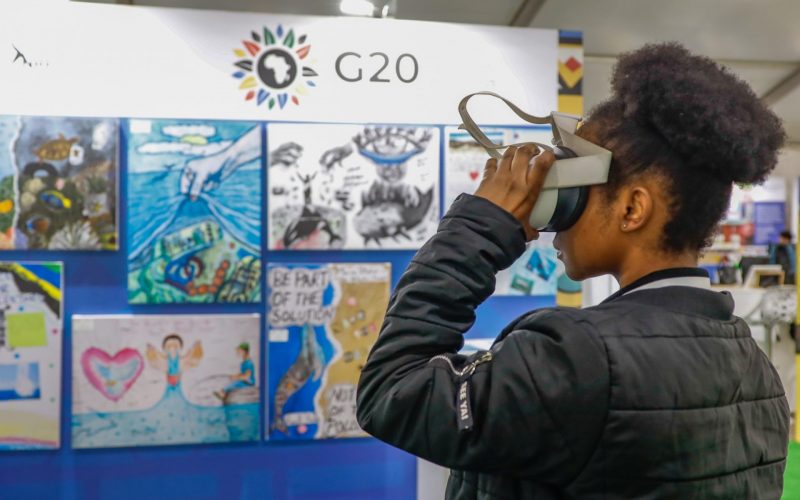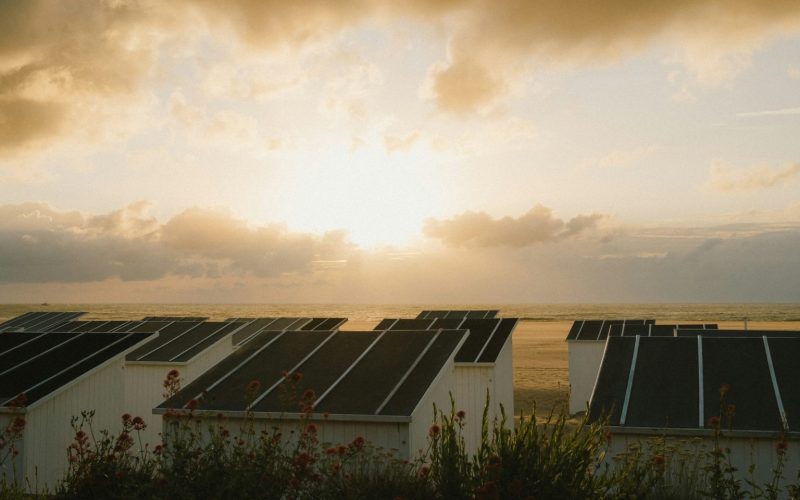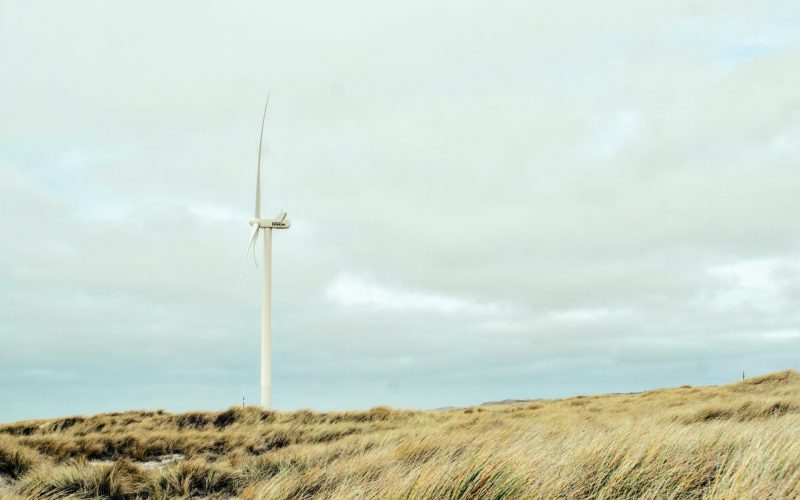Summary:
- The Republic of Korea (Korea) has experienced exponential growth in recent years. The country has gone from being predominantly agriculture based to becoming services and technology oriented, while expanding its export market and transitioning from being an aid recipient to an aid donor.
- In parallel to this growth, since the early 2000s Korea has increased its trade, investment and aid relations in Africa. Traditionally, much of Korea’s interest in Africa has focussed on the continent’s abundance of minerals and energy reserves. However, in recent years Korea has developed an ambitious climate policy landscape, which has begun to shift traditional Korea–Africa trade, investment and aid dynamics.
- Africa has also shifted its development focus to align with climate-resilient and green-growth development. With the launch of the AU’s Climate Change and Resilient Development Strategy and Action Plan (2022–2032), there is an urgent need to formalise partnerships to support the interventions identified in the strategy.
- Korea has been an important partner in Africa’s climate-resilient development. Going forward, the AU’s new climate change strategy and action plan should inform Korea’s strategic interests in Africa for partnerships on climate and energy.
- Ultimately, continued engagement from both sides through established institutions, multilateral organisations and formalised public–private partnerships is necessary to ensure partnerships for initiatives on climate and energy are leveraged.








